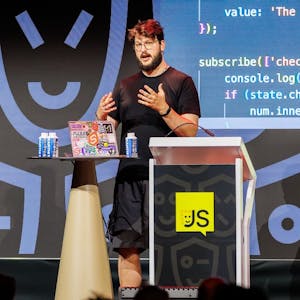Schedule
Switch the toggler to see what in-person or remote activities are held on June 12 & 16.
The time below is shown in CEST, the local time zone of Amsterdam.
2025-06-12T12:00:00.000Z
2025-06-12T13:00:00.000Z
2025-06-12T14:00:00.000Z





